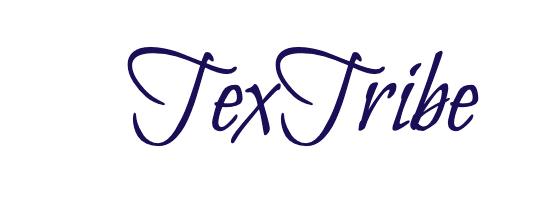When it comes to discussing the plural form of the word “zebra,” there is ongoing debate. In English, most nouns form their plurals by simply adding an “s” at the end. However, “zebra” appears to be an exception to this rule. Is it “zebras” or can “zebra” be used interchangeably to refer to multiple individual zebras? Let’s explore this linguistic puzzler.
The Singular and Plural of Zebra
| Singular | Plural |
|---|---|
| Zebra | Zebras |
The word “zebra” follows a straightforward pluralization rule in English. By simply adding an “s” at the end, it transforms from singular to plural. This is in line with the standard rule for most English nouns ending in a vowel or a non-sibilant consonant.

Understanding Zebra
Definition of Zebra
A zebra is a mammal known for its distinctive black and white stripes. Belonging to the horse family, these animals are native to the African grasslands and are a subject of admiration due to their unique appearance and social behavior.
Plural Usage of Zebra
The term “zebras” is used when referring to more than one individual of this species. It is important to note that the plural form does not undergo any change in spelling beyond the addition of “s”, which is a common characteristic of regular plural forms in English.
Examples Of Zebra in Sentences
- In the Wild: “A herd of zebras was grazing peacefully in the savannah, their stripes creating a mesmerizing pattern against the golden grass.”
- Conservation Efforts: “The wildlife sanctuary has been successful in increasing the number of zebras in the region, showcasing the power of dedicated conservation work.”
- Pattern Reference: “The new fashion line features a zebra print, inspired by the elegant and bold stripes of the zebras in the African wild.”
- Documentary Narration: “This documentary focuses on the migration patterns of zebras and their survival tactics in the harsh climate of the desert.”
- In Literature: “The children’s book depicted a young zebra’s adventure, meeting various animals along its journey.”
Common Mistakes and Confusions
- Zebra vs. Zebras: A common mistake is using “zebra” when referring to multiple animals. It’s crucial to add the “s” for the plural form.
- Irregular Plural Form Assumption: Some might assume “zebra” follows an irregular pluralization rule (like “sheep” or “fish”), but it adheres to the regular pattern of simply adding an “s.
- Pronunciation: The pronunciation of “zebras” should maintain the emphasis on the first syllable, just like the singular form.
Commonly Asked Questions
Q1: Is there an alternate plural form of “zebra”?
A1: No, “zebras” is the only correct plural form in both British and American English.
Q2: Can “zebra” be used as a collective noun?
A2: While “zebra” itself is not a collective noun, the term “zeal of zebras” is often used to describe a group of zebras.
Q3: Does the plural form change in different English dialects?
A3: No, the plural form “zebras” is consistent across different English dialects.
Conclusion
The plural of “zebra” is a perfect example of the regular pluralization rule in English. By simply adding an “s”, the word shifts from singular to plural, making it straightforward yet essential to understand for clear communication. Whether discussing wildlife, patterns, or using it metaphorically, the correct usage of “zebras” enhances the precision and clarity of language.
FAQ
What is the correct plural form of the word “zebra”?
The correct plural form of “zebra” can be either “zebra” or “zebras.” Both forms are acceptable and can be used interchangeably to refer to multiple individual zebras.
Are there alternate plurals for other animal names?
Yes, there are alternate plurals for certain animal names. For example, words like “elephant,” “bear,” and “beaver” can also be used as plurals when referring to an indeterminate number of those animals. However, the use of these alternate plurals may vary by region or be considered nonstandard.
Are there specific rules for forming the plural of “zebra”?
From a linguistic standpoint, the rules for forming the plural of “zebra” are not set in stone. In English, nouns typically form their plurals by adding an “s” to the end. However, there are exceptions to this rule, particularly with foreign loanwords or words derived from other languages. The choice between using “zebra” or “zebras” as the plural form may depend on personal preference or style guide recommendations.

